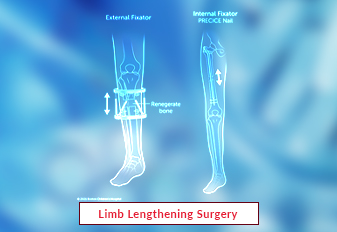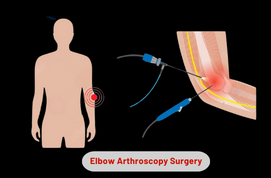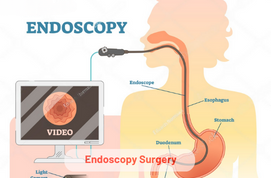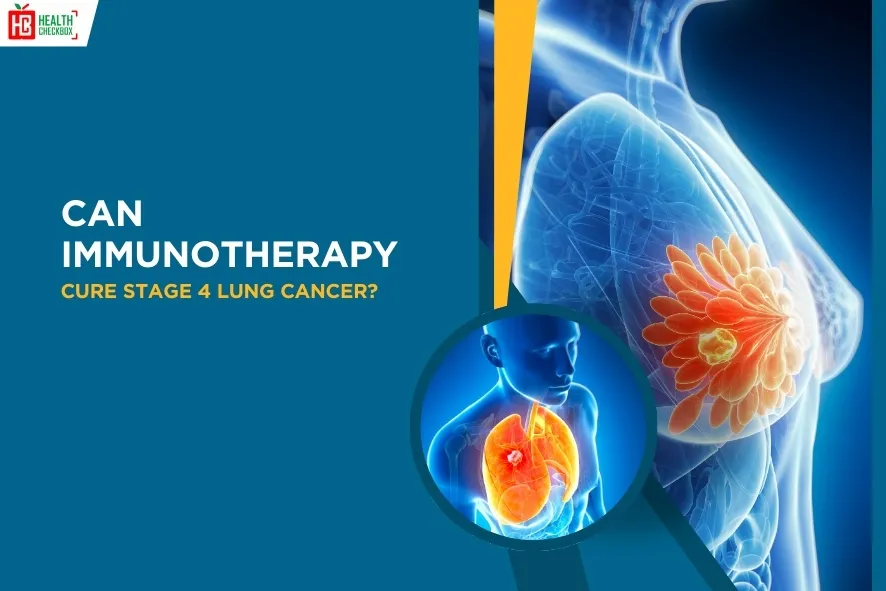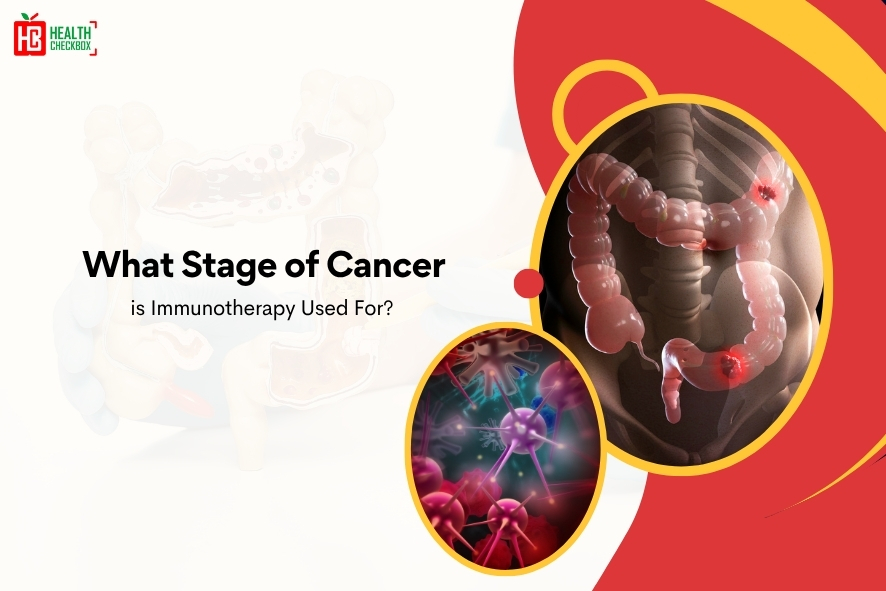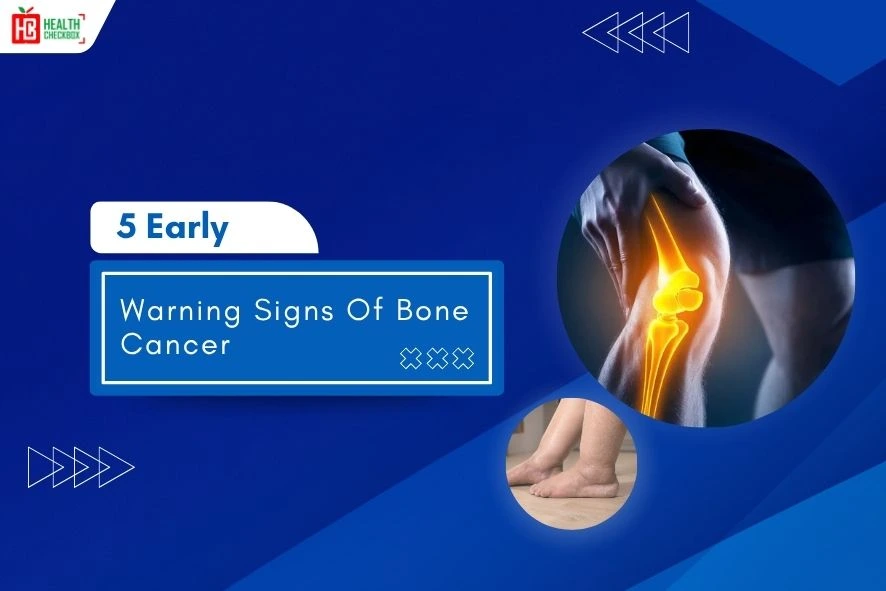A procedure called antenatal care refers to the time-to-time supervision of pregnant women for 9 months and throughout the pregnancy period. The care procedure involves a team of multiple medical experts. Including midwife, sonographer, obstetric physiotherapist, paediatrician, and obstetrician to care for the new mothers and unborn child. Additionally, screening, regular check-ups, proper guidance, fetal development, and overall well-being of the child and mother are the primary objectives of antenatal care.
It is a significant and indispensable care procedure to ensure the healthy condition of the pregnant woman and unborn child. The procedure is important from the perspective of maternal health to reduce the risks of complications. It can affect both the unborn and the expecting mother.
Other than that, prenatal vitamins, vaccination, HIV infection tests, management of pre-existing diseases, etc, are common treatments that are provided to the mother under the consultation of the gynecologist in antenatal care. Once the antenatal care is over for 9 months gynecologist determines the cesarean section treatment or vaginal delivery according to the condition of the mother.
Importance of Antenatal Care
Antenatal care is crucial for ensuring the healthy condition of both child and mother. Therefore, a lot of parents seek good care options for their unborn child’s health. Hence, there are several important aspects of this care. Such as it reduces the risk of complications, assists doctors in providing the right treatment at the right time to the patient. It prepares the woman for safe delivery, reduces maternal and neonatal mortality rates, provides emotional support to the expecting woman, etc.
Therefore, the antenatal care sometimes gets expensive, however, it’s effective in India. If we talk about its cost, it ranges from 50,000 to 10 lakhs in India. Although it is not a one-time cost, it includes the overall cost of all tests, medication, consultation fees, and many more. Other than that, there are several government schemes that provide economic support to individuals while providing antenatal care.
Antenatal Tests To Monitor Pregnancy
The following are the required tests, suggested by the doctors to monitor the pregnancy:
- Blood Test
- Urine Test
- Ultrasound
- Blood Pressure
- Amniocentesis
- Chorionic Villus Sampling
- Prenatal Cell-free DNA screening
- Combined first-trimester screen
Schedules of Antenatal Care
Antenatal care is scheduled on the basis of trimesters, which are briefly mentioned below:
- First Trimester 4-12 (weeks of pregnancy): Initially, parents book an appointment through phone call or by reaching out on the online medical tourism websites. After that, you get proper consultation to confirm the pregnancy. Additionally, a doctor reviews medical history and performs some necessary tests like blood test and sonography, and then confirms the pregnancy.
- Second Trimester 13 -28 (weeks of pregnancy): The second trimester is scheduled every 4 weeks to assess fetal development and measure the woman’s blood pressure and weight checks. Doctors also do screening to check the risk of gestational diabetes and anemia in the expectant mother.
- Third Trimester 29-40 (weeks of pregnancy): The third and last trimester is scheduled between 29 to 40 weeks of pregnancy. In this trimester doctors assess the position of the baby and check the unborn heartbeat. And monitor the signs of labor pain.
Advantages of Antenatal Care
Antenatal care is important, especially for those who are first-time parents. This care provides various advantages to the expectant woman. These benefits are:
- Pregnancy Education: Females learn about pregnancy behaviors, precautions, best advice, and warnings as well.
- Support: Get physical, emotional, and social support from the best experienced doctors.
- Treatments: Lots of women receive treatment for the pre-existing health problems related to immunity, hypertension, HIV, and many more.
- Supplements: Pregnant females get maternal supplements and micronutrients that contribute to a healthy pregnancy.
Antenatal Care Components
To provide necessary support and guidance to the mother. There are various components of antenatal care which are significant in monitoring maternal health and the fetus progress. Which are as follows:
- Assessment & Early Visit: The early visit of antenatal care is done in the first trimester (4-12 weeks of the pregnancy). For complete analysis of the pregnant woman including physical examination, previous medical conditions, and variety of tests like brain test, etc.
- Ongoing Care and Monitoring: The second visit of Antenatal care is to monitor the progress and well-being of the fetus at regular intervals. Doctors also identify the concerns and the questions of the pregnant woman.
- Diagnosis and Screening: Multiple tests, like ultrasound, UTI test, various blood tests, are performed during the pregnancy period to identify the abnormalities. And also the diseases that involve infections, gestational diabetes, chromosomal abnormalities, etc. Proper screening and diagnosis are done to ensure the health of the mother and the unborn child. It helps to to avoid the abnormalities that could affect the health of the mother and child.
- Lifestyle changes and Nutrition: A healthy diet and taking prenatal supplements, and proper nutrition like vitamin-rich vegetables and fruits, are advised by the gynecologist to the expecting women. And also recommended to do certain yoga practices after completing six seven months of the pregnancy. Alcohol and tobacco are restricted from the diet as it can harm the baby’s health.
- Consultation, Education, and Support: After a certain period, the mother is advised and consulted about how to handle pre and post-delivery conditions, which includes labor pain, childbirth, postnatal care, newborn care, and breastfeeding.
- Mosquito Nets: In locations where the chances of malaria occurring are high, women get insecticide-treated mosquito nets to prevent malaria.
Procedure of Antenatal Care
- Physical Examination: A Doctor or a gynecologist first checks blood pressure, then examines weight gain and overall health, including abdominal examination and the position of the baby.
- Tests and Screening: Tests like hemoglobin, blood sugar, and urine infection are performed during the procedure along with ultrasound and anatomy.
- Fetal Monitoring: During the ultrasound, the heartbeat of the baby is measured per minute, and the sonographer also monitors the movement of the baby.
- Preventive Care: Vaccination and Prenatal vitamins like iron, calcium, and folic acid are prescribed by the health care provider to the expecting woman.
- Counseling Guidance: Pregnancy education, healthy eating, and specific exercises are recommended to the mother along with delivery options.
Latest Health Tips
Can Immunotherapy Cure Stage 4 Lung Cancer?
Early Signs of Cervical Cancer
Foods that Kill Cancer: Leafy Vegetables, Grains, & More
What Stage of Cancer is Immunotherapy Used For?
Which is Worse for Cancer, Sugar or Alcohol?
Vaccines That Prevent Cancer
What Kills Cancer Cells in the Body Naturally?
Early Warning Signs of Bone Cancer
Submit Your Enquiry
Testimonials









